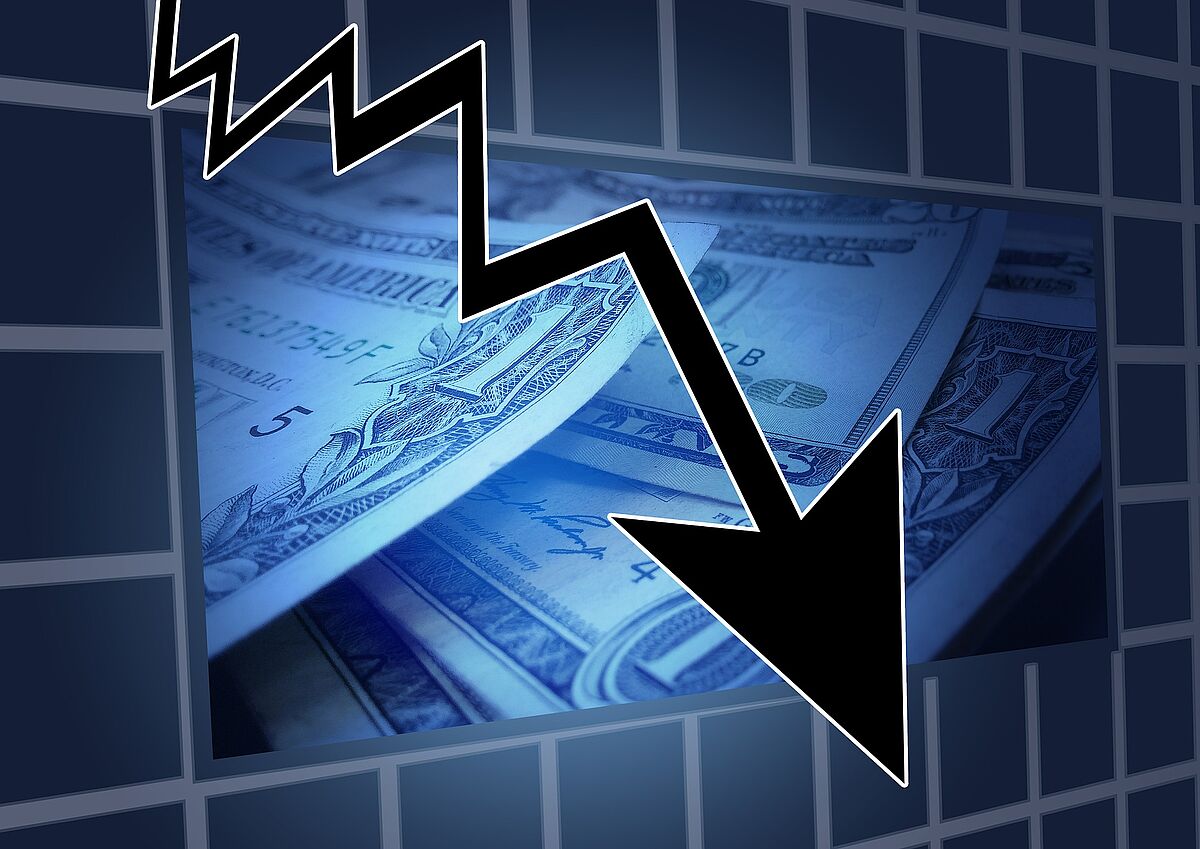Research areas of the Department of Economics
Exemplary projects
Labor market policy in economic crises
Should labor market policy intervene in economic crises to stabilize unemployment and wages? How do such stabilization policies affect employees, unemployed workers, and firms? How do these policies intervene with monetary policy and financial markets? To answer these questions, we work with theoretical macroeconomic models in combination with firm and employee data.
Contact: Prof. Dr. Britta Gehrke
Financial Crises and Sustainable Financial System
How do financial crises arise? What is the role of money and credit within the financial system? How can a more stable, resilient and sustainable financial system be constructed? What measures are necessary to ensure that the financial sector generates the highest possible benefits for the real economy and society? To answer these questions, we work with macroeconomic models as well as individual and aggregate data. We also look at financial inclusion, wealth distribution and consumer protection.
Contact: Prof. Dr. Doris Neuberger
Building Europe
The project uses an economic approach to reconstruct the European Union in a systematic way. The theory of fiscal federalism provides many concepts and models which allow to analyze the federal level (regional, national or supranational) where the numerous fields of policies (e.g. on competition, agriculture, labor markets or social policy) should be optimally assigned to. In particular, the project addresses problems like “Should unemployment insurance be centralized in a state union?” or “Is a European minimum wage efficient?” or “What are the consequences of tax competition for European firms?”.
Contact: Prof. Dr. Robert Fenge




